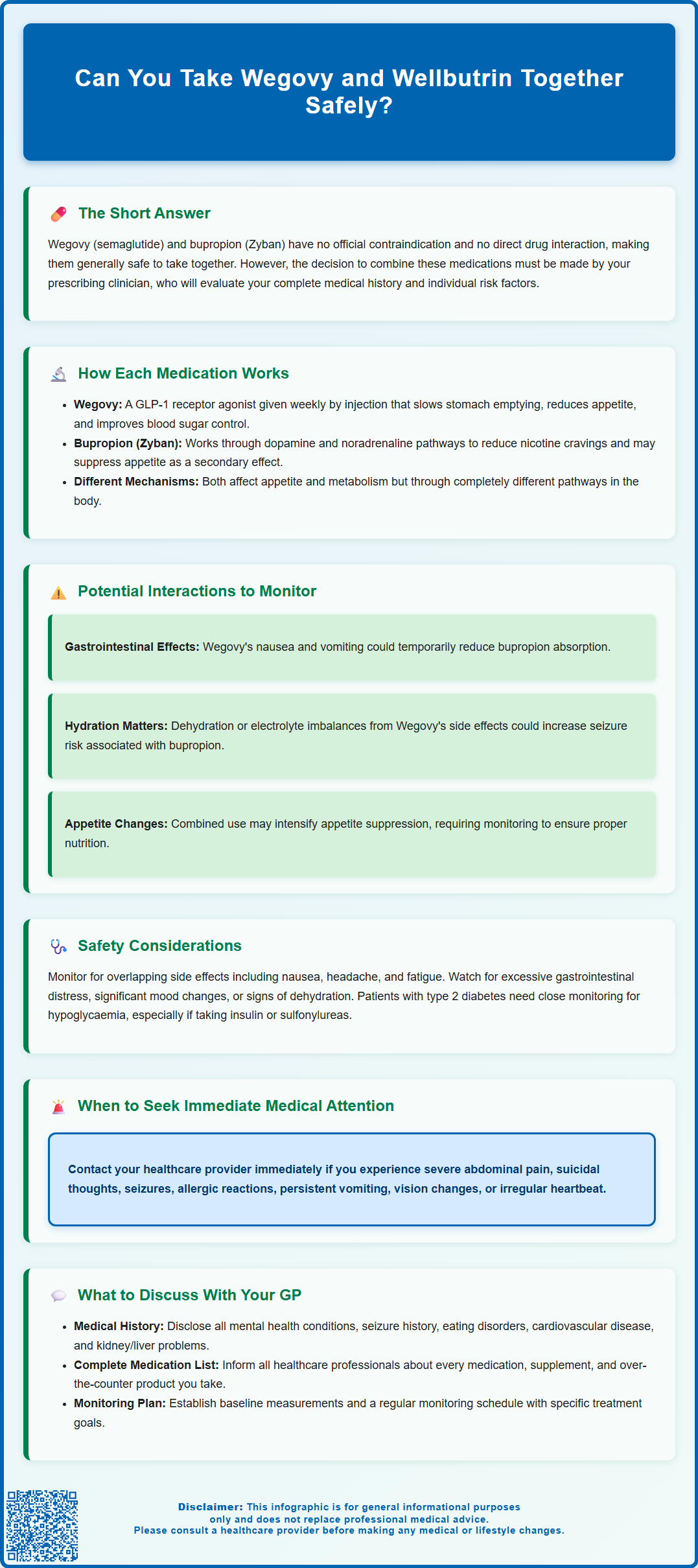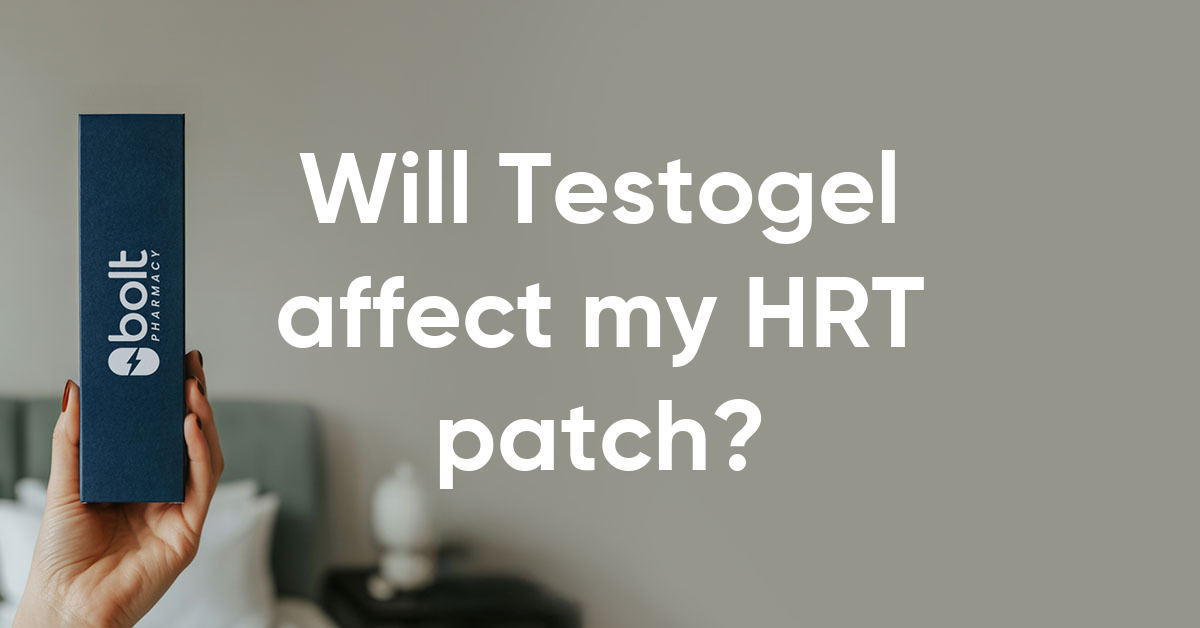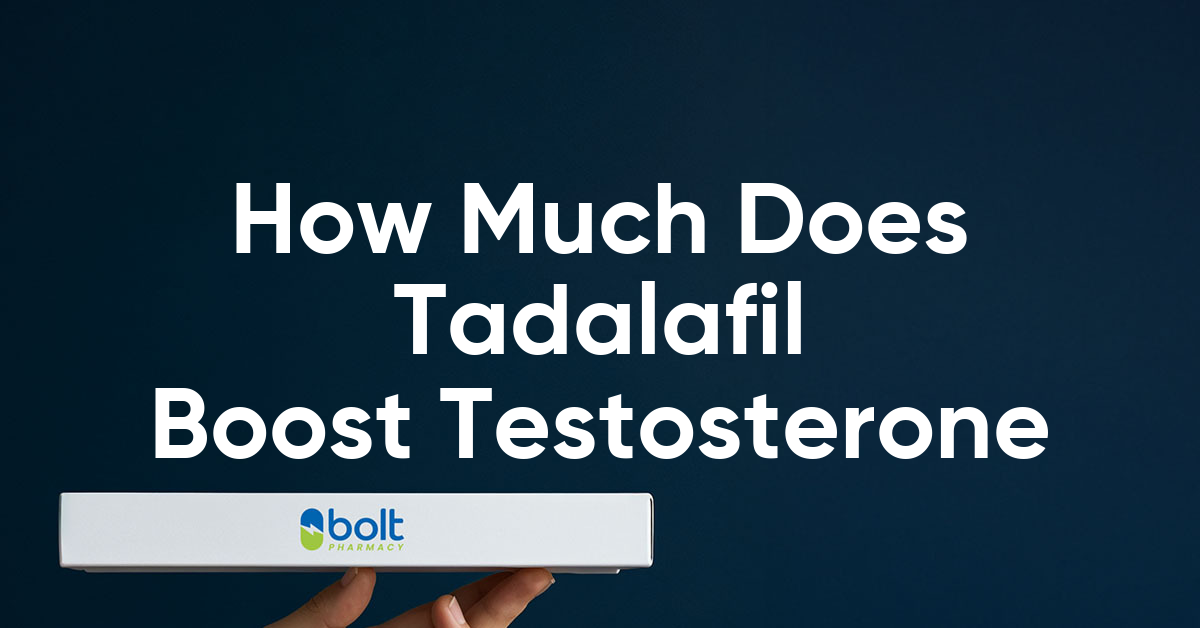Many patients prescribed Wegovy (semaglutide) for weight management may also take bupropion (Zyban) for smoking cessation, raising important questions about their combined use. There is no official contraindication to taking these medications together, and no direct pharmacological interaction has been established between semaglutide and bupropion. However, both medications can affect appetite, mood, and metabolic processes through different mechanisms. Wegovy is a GLP-1 receptor agonist used for chronic weight management, whilst bupropion is licensed in the UK specifically as an aid to smoking cessation. The decision to use these medications concurrently should always be made by your prescribing clinician, who will consider your complete medical history and individual risk factors.
Summary: Wegovy (semaglutide) and bupropion (Zyban) can generally be taken together as there is no direct pharmacological interaction between these medications.
- Wegovy is a GLP-1 receptor agonist administered weekly by subcutaneous injection for chronic weight management in adults with obesity or overweight with comorbidities.
- Bupropion (Zyban) is licensed in the UK specifically for smoking cessation and works by inhibiting dopamine and noradrenaline reuptake in the central nervous system.
- Both medications are metabolised through different pathways—semaglutide by proteolytic enzymes and bupropion through hepatic CYP2B6 metabolism.
- Indirect interactions warrant monitoring, including gastrointestinal effects, appetite changes, seizure threshold considerations, and blood glucose effects in diabetic patients.
- Bupropion is contraindicated in patients with seizure disorders or eating disorders, whilst Wegovy should be discontinued at least 2 months before planned pregnancy.
- Patients should inform all healthcare professionals about both medications and report any severe side effects through the MHRA Yellow Card scheme.
Table of Contents
Can You Take Wegovy and Wellbutrin Together?
Many patients prescribed Wegovy (semaglutide) for weight management may also take bupropion (brand name Zyban in the UK) for smoking cessation, raising important questions about their combined use. The good news is that there is no official contraindication to taking these medications together, and no direct pharmacological interaction has been established between semaglutide and bupropion. However, this does not mean the combination is without considerations.
Both medications can affect appetite, mood, and metabolic processes, albeit through entirely different mechanisms. Wegovy is a glucagon-like peptide-1 (GLP-1) receptor agonist used for chronic weight management in adults with obesity or overweight with weight-related comorbidities. In the UK, Wegovy is prescribed through specialist weight management services according to NICE guidelines. Bupropion (Zyban) is licensed in the UK specifically as an aid to smoking cessation, not for depression, and works on dopamine and noradrenaline pathways.
The decision to use these medications concurrently should always be made by your prescribing clinician, who will consider your complete medical history, current medications, and individual risk factors. While no direct drug-drug interaction exists, the combination may influence side effect profiles and treatment outcomes. Some patients might notice changes in mood or appetite regulation that require monitoring.
It is essential to inform all healthcare professionals involved in your care about every medication you take, including over-the-counter products and supplements. This ensures coordinated, safe prescribing and appropriate monitoring of your treatment response and any emerging side effects.

How Wegovy and Wellbutrin Work in the Body
Understanding how each medication functions helps clarify why they can generally be used together and what effects to anticipate.
Wegovy (Semaglutide) Mechanism of Action:
Wegovy is a GLP-1 receptor agonist that mimics the action of naturally occurring incretin hormones. It works by:
-
Slowing gastric emptying, which prolongs feelings of fullness after eating
-
Reducing appetite through effects on brain regions that regulate hunger
-
Improving glycaemic control by enhancing insulin secretion when blood glucose is elevated
-
Reducing glucagon secretion, which helps prevent excessive glucose production by the liver
The medication is administered as a once-weekly subcutaneous injection, with doses gradually increased over 16-20 weeks to the maintenance dose of 2.4 mg weekly (though some patients may remain on 1.7 mg if the higher dose is not tolerated). Peak plasma concentrations occur 1-3 days after injection, with a half-life of approximately one week.
Bupropion (Zyban) Mechanism of Action:
Bupropion is an aminoketone that differs significantly from selective serotonin reuptake inhibitors (SSRIs). Its primary actions include:
-
Inhibiting the reuptake of dopamine and noradrenaline in the central nervous system
-
Minimal effect on serotonin pathways, distinguishing it from most other antidepressants
-
Potential appetite suppression as a secondary effect, though this is not its primary indication
-
Reducing nicotine cravings through dopaminergic pathways
Bupropion is metabolised primarily in the liver by the CYP2B6 enzyme system, producing active metabolites. In the UK, it is available only as a prolonged-release 150 mg formulation (Zyban) for smoking cessation.
Potential Interactions Between Wegovy and Wellbutrin
From a pharmacological perspective, Wegovy and bupropion do not have a direct drug-drug interaction. They are metabolised through different pathways—semaglutide is degraded by proteolytic enzymes similar to endogenous proteins, whilst bupropion undergoes hepatic metabolism. Neither medication significantly affects the other's absorption, distribution, metabolism, or excretion.
However, indirect interactions warrant consideration:
Gastrointestinal Effects:
Wegovy commonly causes nausea, vomiting, diarrhoea, and constipation, particularly during dose escalation. Semaglutide delays gastric emptying, which could theoretically affect the absorption of oral medications like bupropion, though clinically significant impacts are uncommon. If severe gastrointestinal symptoms occur, the bioavailability of bupropion might be temporarily reduced.
Appetite and Weight Changes:
Both medications can influence appetite, though through different mechanisms. Wegovy directly suppresses appetite as part of its therapeutic action, whilst bupropion may cause appetite changes as a secondary effect in some individuals. When combined, patients might experience changes in appetite that require monitoring to ensure adequate nutrition.
Seizure Threshold Considerations:
Bupropion lowers the seizure threshold in a dose-dependent manner, which is why it is contraindicated in patients with seizure disorders. Dehydration or electrolyte disturbances from severe gastrointestinal side effects of Wegovy could potentially further influence seizure risk. Patients should maintain adequate hydration and nutrition whilst taking both medications.
Blood Glucose Effects:
For patients with type 2 diabetes taking both medications, Wegovy's glucose-lowering effects should be considered, particularly if other antidiabetic medications are prescribed. Dose reductions of insulin or sulfonylureas may be needed to prevent hypoglycaemia. Bupropion does not directly affect blood glucose but may influence eating patterns.
Anticoagulant Monitoring:
Patients taking warfarin or other coumarin anticoagulants should have their INR monitored when initiating Wegovy, as changes in absorption may affect anticoagulant activity.
Safety Considerations When Combining These Medications
When taking Wegovy and bupropion together, several safety considerations should guide your treatment:
Monitoring for Side Effects:
Both medications have distinct side effect profiles that require attention:
-
Wegovy: Nausea, vomiting, diarrhoea, constipation, abdominal pain, headache, fatigue, and injection site reactions. Rare but serious risks include pancreatitis and gallbladder disease. Patients with a personal or family history of medullary thyroid carcinoma or Multiple Endocrine Neoplasia syndrome type 2 should discuss this with their prescriber as a precaution.
-
Bupropion (Zyban): Insomnia, dry mouth, headache, nausea, dizziness, and anxiety. Serious risks include seizures (particularly at higher doses or with predisposing factors), hypertension, and neuropsychiatric effects including mania or hypomania.
When combining these medications, be alert for:
-
Excessive nausea or gastrointestinal distress that affects daily functioning or medication adherence
-
Significant mood changes, increased anxiety, agitation, or symptoms of mania
-
Unusual fatigue or changes in sleep patterns
-
Signs of dehydration, particularly if experiencing vomiting or diarrhoea
Contraindications and Cautions:
Wegovy is contraindicated in pregnancy and should be discontinued at least 2 months before a planned pregnancy due to its long half-life. It is generally not recommended during breastfeeding.
Bupropion is contraindicated in patients with seizure disorders, eating disorders (current or historical), abrupt discontinuation of alcohol or sedatives, or those taking monoamine oxidase inhibitors (MAOIs).
Special Populations:
Patients with type 2 diabetes should be monitored for hypoglycaemia, especially if taking insulin or sulfonylureas. There is also a risk of worsening diabetic retinopathy with rapid improvement in blood glucose control; appropriate ophthalmological monitoring is advised.
If you experience any suspected adverse reactions to either medication, report them through the MHRA Yellow Card scheme (yellowcard.mhra.gov.uk).
Adherence and Administration:
Take bupropion exactly as prescribed, at the same time each day, and never exceed the recommended dose. Administer Wegovy injections as instructed, rotating injection sites. Missing doses or irregular use can affect both efficacy and side effect profiles.
What to Discuss With Your GP or Prescriber
Open communication with your healthcare team is essential for safe, effective treatment. Before starting or continuing both medications together, ensure you discuss:
Your Complete Medical History:
-
Previous or current mental health conditions, including depression, anxiety, bipolar disorder, or suicidal ideation
-
History of seizures or conditions that lower seizure threshold
-
Eating disorders (past or present)
-
Cardiovascular disease, including hypertension
-
Kidney or liver impairment
-
Thyroid disorders
-
Diabetes and current glycaemic control
-
Gastrointestinal conditions, including pancreatitis or gallbladder disease
-
Eligibility for Wegovy under NICE guidelines (typically requiring specialist weight management services, specific BMI thresholds, and other criteria)
All Current Medications:
Provide a complete list including:
-
Prescription medications (especially anticoagulants like warfarin, antidiabetic drugs, or medications affecting seizure threshold such as tramadol, antipsychotics, tricyclic antidepressants, or quinolone antibiotics)
-
Medications that affect CYP2B6 enzymes which metabolise bupropion
-
Over-the-counter medicines
-
Herbal supplements and vitamins
-
Recreational substances or alcohol use
Treatment Goals and Monitoring:
Discuss realistic expectations for weight management and smoking cessation. Your prescriber should establish:
-
Baseline measurements: Weight, blood pressure, mood assessment, and relevant blood tests
-
Follow-up schedule: Regular appointments to monitor progress, side effects, and treatment response
-
Target outcomes: Specific, measurable goals for both weight management and smoking cessation
-
Duration of treatment: Wegovy is typically prescribed for up to 2 years in the NHS; Zyban is usually prescribed for 7-9 weeks
When to Seek Urgent Advice:
Contact your GP or seek immediate medical attention if you experience:
-
Severe abdominal pain (potential pancreatitis)
-
Thoughts of self-harm or suicide
-
Seizures or convulsions
-
Severe allergic reactions (rash, difficulty breathing, swelling)
-
Persistent vomiting preventing medication or fluid intake
-
Vision changes or severe headaches
-
Rapid or irregular heartbeat
Your prescriber can provide personalised advice based on your individual circumstances, ensuring that the combination of Wegovy and bupropion is appropriate, safe, and optimally managed for your specific health needs.
Frequently Asked Questions
Is there a direct drug interaction between Wegovy and bupropion?
No, there is no direct pharmacological interaction between Wegovy (semaglutide) and bupropion. They are metabolised through different pathways and do not significantly affect each other's absorption, distribution, metabolism, or excretion.
What side effects should I monitor when taking both medications?
Monitor for excessive gastrointestinal distress (nausea, vomiting, diarrhoea), significant mood changes or anxiety, unusual fatigue, sleep disturbances, and signs of dehydration. Contact your GP if you experience severe abdominal pain, thoughts of self-harm, seizures, or persistent vomiting.
Do I need special monitoring if I have diabetes and take both medications?
Yes, patients with type 2 diabetes should be monitored for hypoglycaemia, especially if taking insulin or sulfonylureas alongside Wegovy. Dose reductions of other antidiabetic medications may be needed, and appropriate ophthalmological monitoring is advised due to potential diabetic retinopathy changes.
The health-related content published on this site is based on credible scientific sources and is periodically reviewed to ensure accuracy and relevance. Although we aim to reflect the most current medical knowledge, the material is meant for general education and awareness only.
The information on this site is not a substitute for professional medical advice. For any health concerns, please speak with a qualified medical professional. By using this information, you acknowledge responsibility for any decisions made and understand we are not liable for any consequences that may result.
Heading 1
Heading 2
Heading 3
Heading 4
Heading 5
Heading 6
Lorem ipsum dolor sit amet, consectetur adipiscing elit, sed do eiusmod tempor incididunt ut labore et dolore magna aliqua. Ut enim ad minim veniam, quis nostrud exercitation ullamco laboris nisi ut aliquip ex ea commodo consequat. Duis aute irure dolor in reprehenderit in voluptate velit esse cillum dolore eu fugiat nulla pariatur.
Block quote
Ordered list
- Item 1
- Item 2
- Item 3
Unordered list
- Item A
- Item B
- Item C
Bold text
Emphasis
Superscript
Subscript












